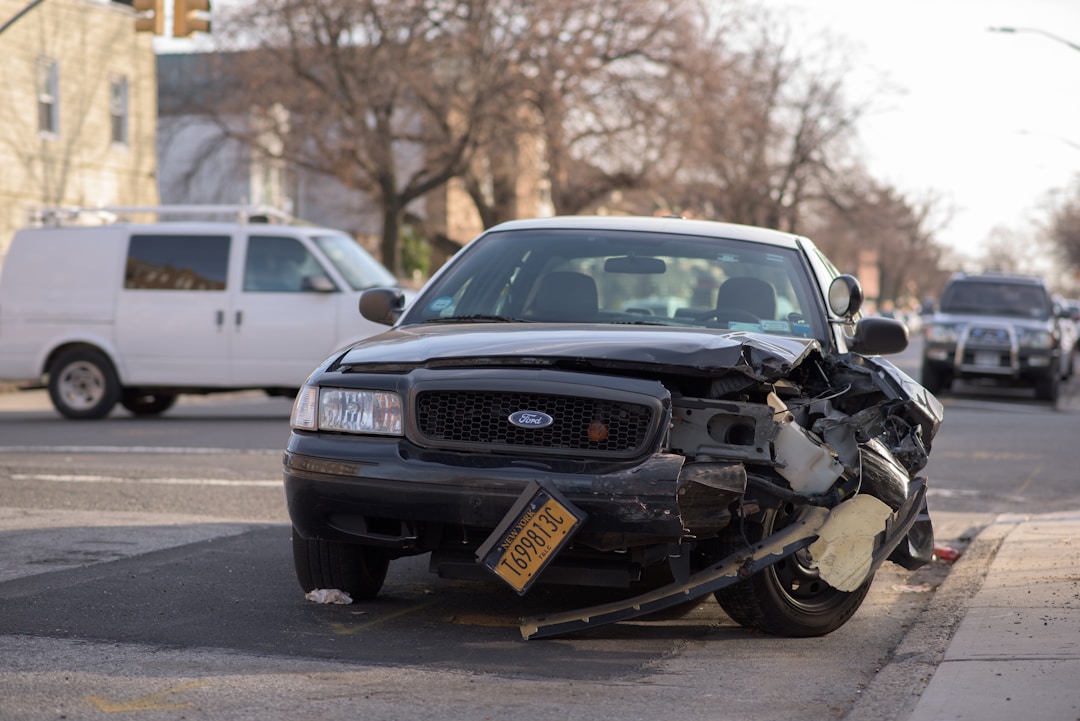Making the most of your life after an accident is crucial for both mental and physical well-being. By adopting a positive mindset, actively participating in recovery, and embracing new opportunities, you can rebuild your life after a traumatic event. Remember that it’s never too late to start over, and your determination and resilience can bring about positive changes that lead to a fulfilling and rewarding life. Let’s take a closer look at ways you can move forward. If you’re in need of advice, inspiration, or more information, then keep reading!
Understanding the Impact of an Accident

Accidents, particularly those involving vehicles, can take a toll on our physical health, emotional well-being, and quality of life. An Amazon delivery accident, for instance, can result in serious injuries that require extensive recovery time. If you’ve been involved in an accident, whether it’s a car crash, slip and fall incident, or any other type of scenario where you’ve suffered physical or psychological harm due to someone else’s negligence, hiring a personal injury lawyer may be integral to ensuring fair compensation. Personal injury lawyers specialize in handling legal matters related to accidents and injuries, providing expert advice and representation throughout the legal process.
This sudden disruption to our daily routine can also create feelings of instability and insecurity, making recovery even more challenging. Our bodily injuries heal over time, but the psychological trauma can persist if not properly addressed. These emotional wounds can manifest in various forms, including anxiety, depression, and post-traumatic stress disorder. It’s critical to acknowledge these feelings and seek professional advice when needed rather than suppress them.
Preparing for Post-Accident Life
While it is indeed essential to live in the moment, it’s just as important to plan for your future in the aftermath of an accident. Taking the time to explore potential career shifts or educational opportunities may be beneficial. Whichever route you choose, consider seeking college admissions counseling for help with the transition and to make the most effective decisions. They have a thorough understanding of the college admissions process, including the specific requirements and expectations of different institutions. They can identify the best-fit schools based on your career goals, academic strengths, and personal preferences.
Furthermore, as part of preparing for life after an accident, you need to cultivate a resilient mindset. Cultivating resilience involves recognizing that setbacks are a part of life and can lead to growth. It’s about transforming life’s challenges into opportunities for learning and self-improvement. Embrace change as a stepping stone to a brighter future and know that your biggest setbacks can sometimes lead to your greatest comebacks.
Navigating the Recovery Process

The path to recovery from an accident can be a long and winding one, filled with ups and downs. This journey requires patience, perseverance, and a positive attitude, as there will be days when your progress may seem slow or even stagnant. However, keep in mind that every small step taken towards recovery is a big victory in itself. It might feel like you’re getting worse, but recovery tends to be non-linear and can look different for everyone. Prioritize self-care. This includes medical check-ups, physical therapy, consuming a balanced diet, engaging in regular exercise, staying hydrated, and ensuring adequate rest.
Similarly, for mental health, consider seeking professional help if necessary. It may also be beneficial to find outlets to express your feelings, such as journaling regularly or speaking with loved ones. Self-care also extends to carving out time for activities you enjoy to lift up your spirits and regain some semblance of normalcy. Furthermore, adopting a goal-setting approach can promote a sense of purpose and direction during your recovery. This doesn’t mean setting life-altering goals. Rather, it’s about focusing on small, achievable goals that can collectively contribute to your overall recovery and personal growth.
As you can see, embarking on the journey to recovery is no easy feat, but it offers numerous opportunities for self-discovery and personal growth. These are just a few examples of things you can do to help yourself, there are plenty of other options to consider as well. Acceptance, patience, and a dash of optimism can build resilience and pave the way for a fulfilling life after an accident. Following our advice will get you back on the road to recovery before you know it.




